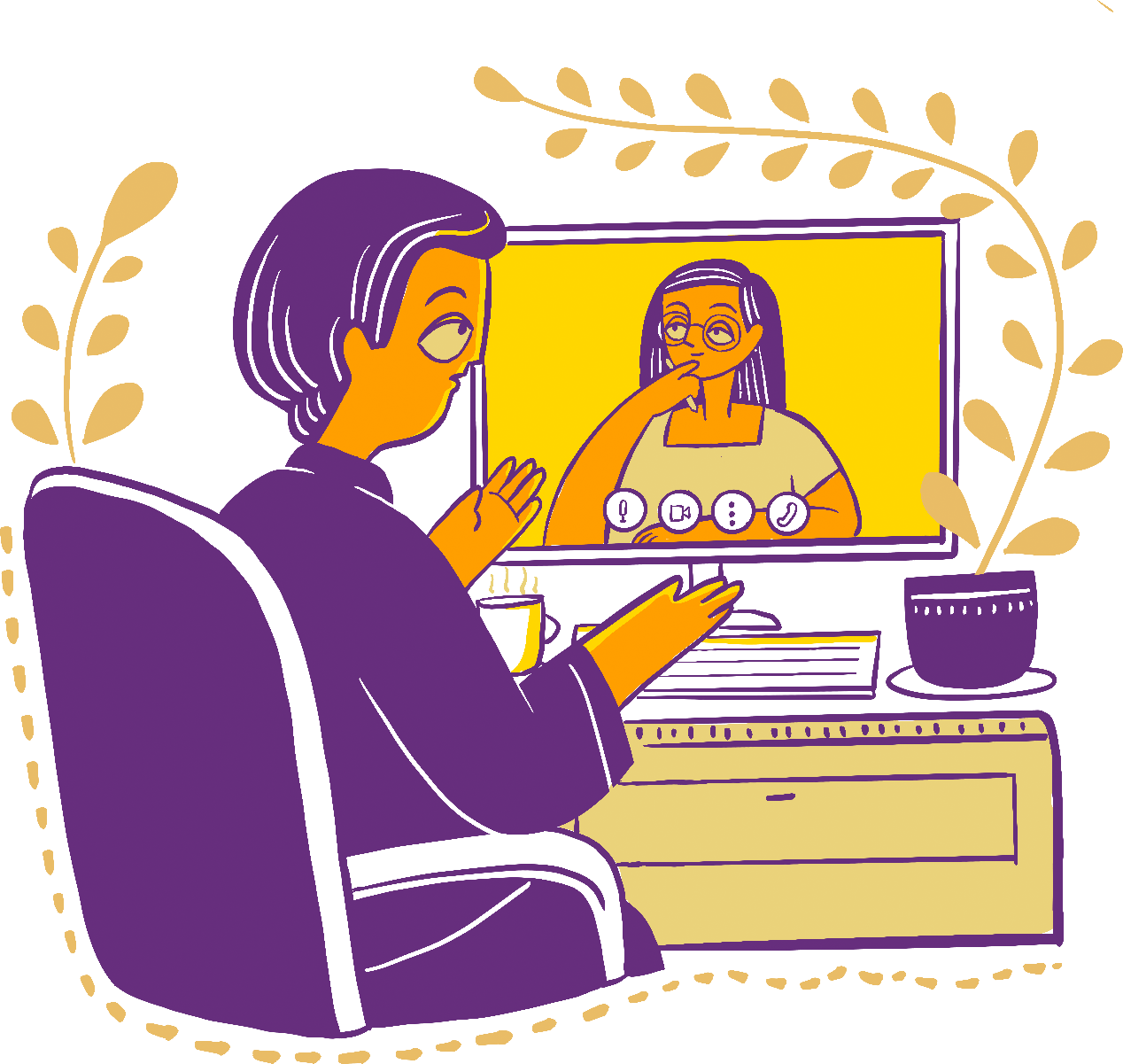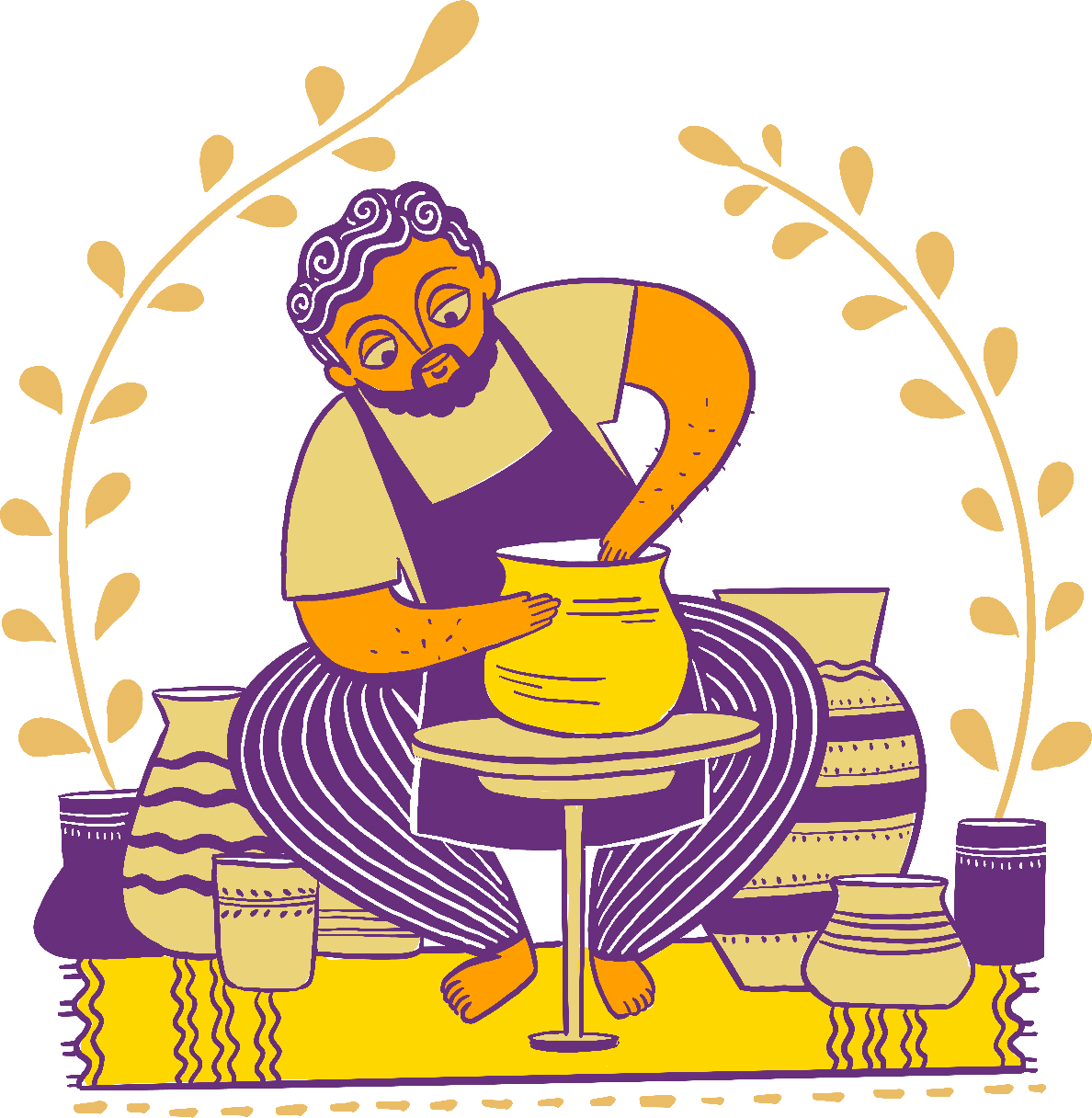Debunking 10 myths surrounding male mental health

Poor mental health can affect people of any gender, but mental health outcomes for men and women aren’t equal. For generations, the true nature of men’s mental health has been hidden behind a mask of toxic, misplaced masculinity.
A mask that defined vulnerability as a weakness; never to be expressed in any way, shape, or form. We’ll be looking at some of the myths about men’s mental health, and what we can do to change the conversation.
People think less of men who ask for help
Research shows perceptions have changed for the better. A snapshot survey of more than 800 people found that nine out of ten believe an anxiety condition is a real medical illness.
Only women suffer from post-partum depression
New fathers can experience serious mood changes after bringing the baby home, too. Almost 10% of fathers face some sort of postpartum depression. And it can happen before or after their child is born.
Only women get depressed
It’s not that more women are depressed than men, it’s just that men don’t talk about it as often as women. Studies say that four times as many men die by suicide than women.
Men are not emotional
A traditional upbringing causes men to bottle up emotions. But, if men feel like they are in a safe environment, they’re quick to open up about what’s going on for them.
Men don’t need therapy, video games will do
Cultural factors and social factors create a stigma that makes men view emotional intimacy and mental health counseling as a sign of weakness. A 2016 study found that women are more likely to accept clinical treatment for mental disorders — and to see greater improvement at the end of their treatment — than male clients.
Men don’t ask for help
It is culturally believed that men are in charge of the family and are responsible for making any decisions related to their families. This sends the the message that men cannot consult anyone or seek guidance for any distress or mental health issue they face as that can show their inability to handle them.
Compassion isn’t manly
Men and women express compassion differently. Women’s compassion is standing for tenderness, kindness, warmth, gentleness, and nurturing. Men, however, express compassion in the form of heroism, protection, and acts of bravery.
Men don’t experience eating disorders and body image issues
Men are as susceptible to objectified body consciousness as women. As men’s mental health awareness increases, so too does the awareness that men can indeed struggle with eating disorders and body image issues. Men account for over one-third of people who experience an eating disorder.
Men tend to cope with difficult situations negatively
It is a common belief that when men face challenges in life, they tend to use harmful coping mechanisms like sudden anger outbursts or reach for alcohol, drugs, and other substances. This is far from true. In fact, as per research, a few of the common coping strategies that men indulge in include exercise, humor, and hanging out with friends.
Marriage will solve a man's mental illness
Mental illness requires treatment which may include medication and or therapeutic intervention. It then becomes important to focus on treating the symptoms rather than on getting the person married. Marriage is not a solution to mental illness, and may only worsen the situation for the prospective partner.

How can organizations tend to the mental health of their male workforce?
- Provide a safe space to discuss their feelings - A tool like the Manahverse will enable your employees to journal, have access to instant, expert-vetted resources, schedule counseling appointments, contact the emotional helpline, log into a mood board, and get help to regulate their emotions.
- Organise workshops - Knowledge is power, organizations that help spread
credible, deeply helpful information at the right time to help male employees understand what they're going through and offer simple, actionable steps to feel better are bound to create a more positive workforce. - Model healthy behaviors - Managers can start to lead by example and talk to their teams about how they prioritize their mental health. As a people leader, share steps you take whilst at work to help look after your wellbeing – whether that's going for a walk during the working day to clear your mind or taking a mini break to avoid burnout.

- Modify policies and practices - By being realistic and flexible when updating policies will reduce stress on everyone. Reframing performance reviews as opportunities for compassionate feedback and learning instead of evaluations against strict targets.
- Encourage communication between male coworkers and managers - Instead of one-on-one reviews/meetings being completely centered around their work, ask deeper questions regarding how they are doing and if they need your support.
Remind them there are tools the organization has provided that they can use in a crisis and that they are not alone. To access a whole range of wellbeing resources, tools, and counseling services, get in touch with us here.
Organizations have the power to change the narrative around masculinity and encourage a work culture that equates strength and self-respect with openness and compassion. As people leaders and decision-makers, the onus is on you to be a pioneer in respecting, nurturing, and caring for the mental health of the male workforce in your organization and pave the way for a healthier, more sustainable future.
A long-term, credible, and seasoned wellbeing partner is a must-have if you decide to embark on this journey. A pioneer like Manah Wellness with a wide spectrum of emotional wellbeing services and cutting-edge products is all you need to instill confidence in your employees to take their wellbeing into their own hands and help improve that of other colleagues in your organization.





